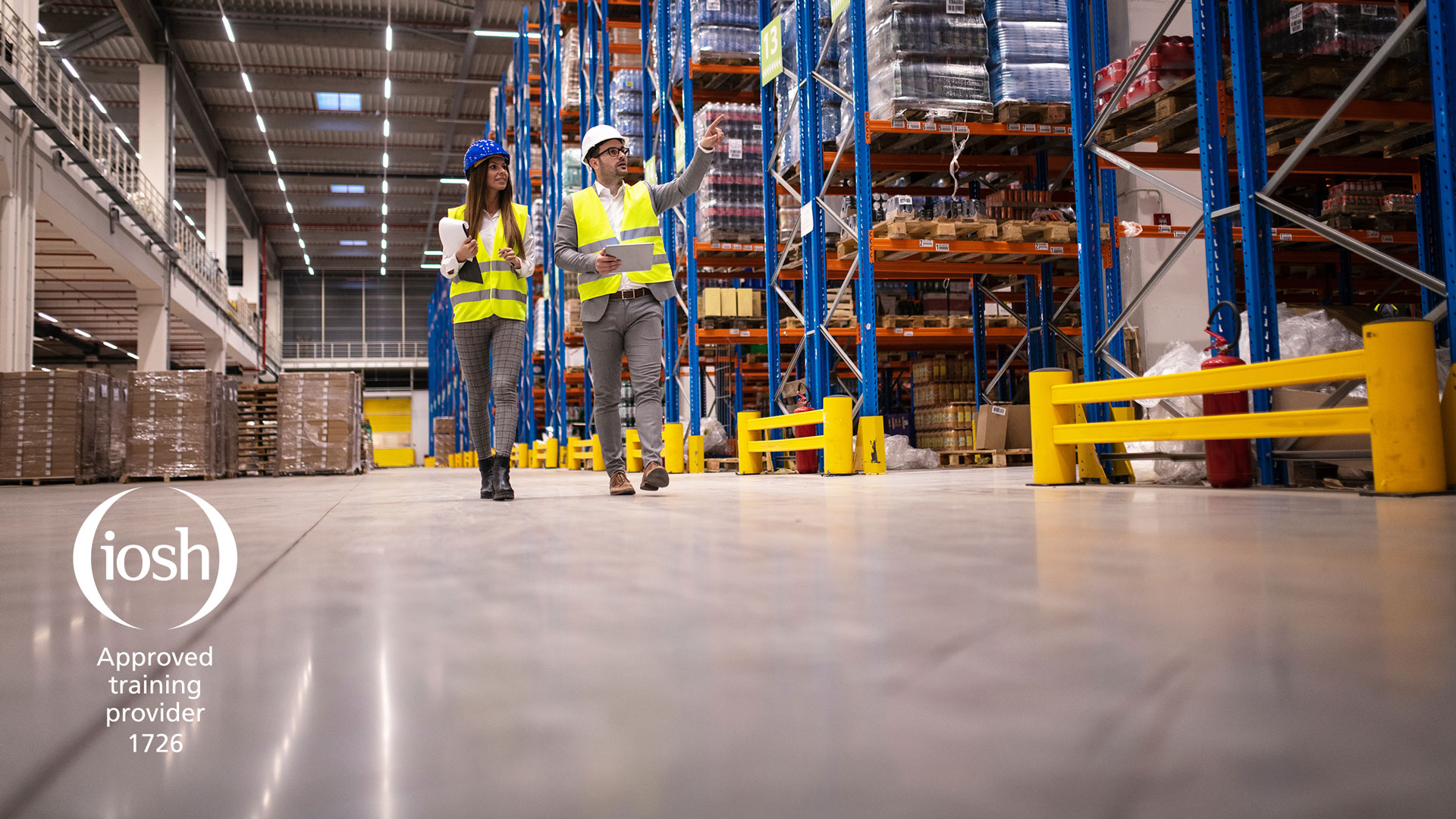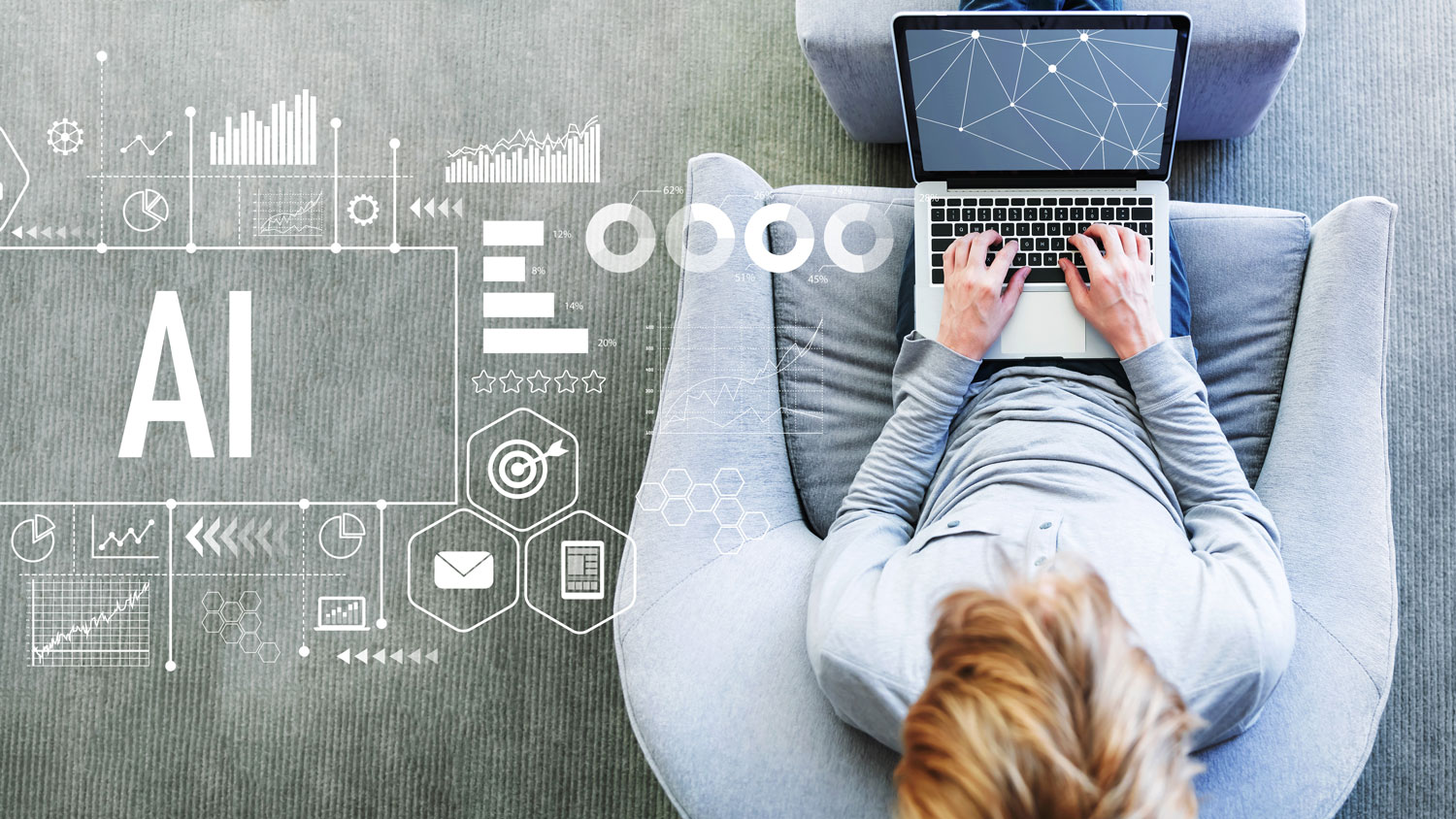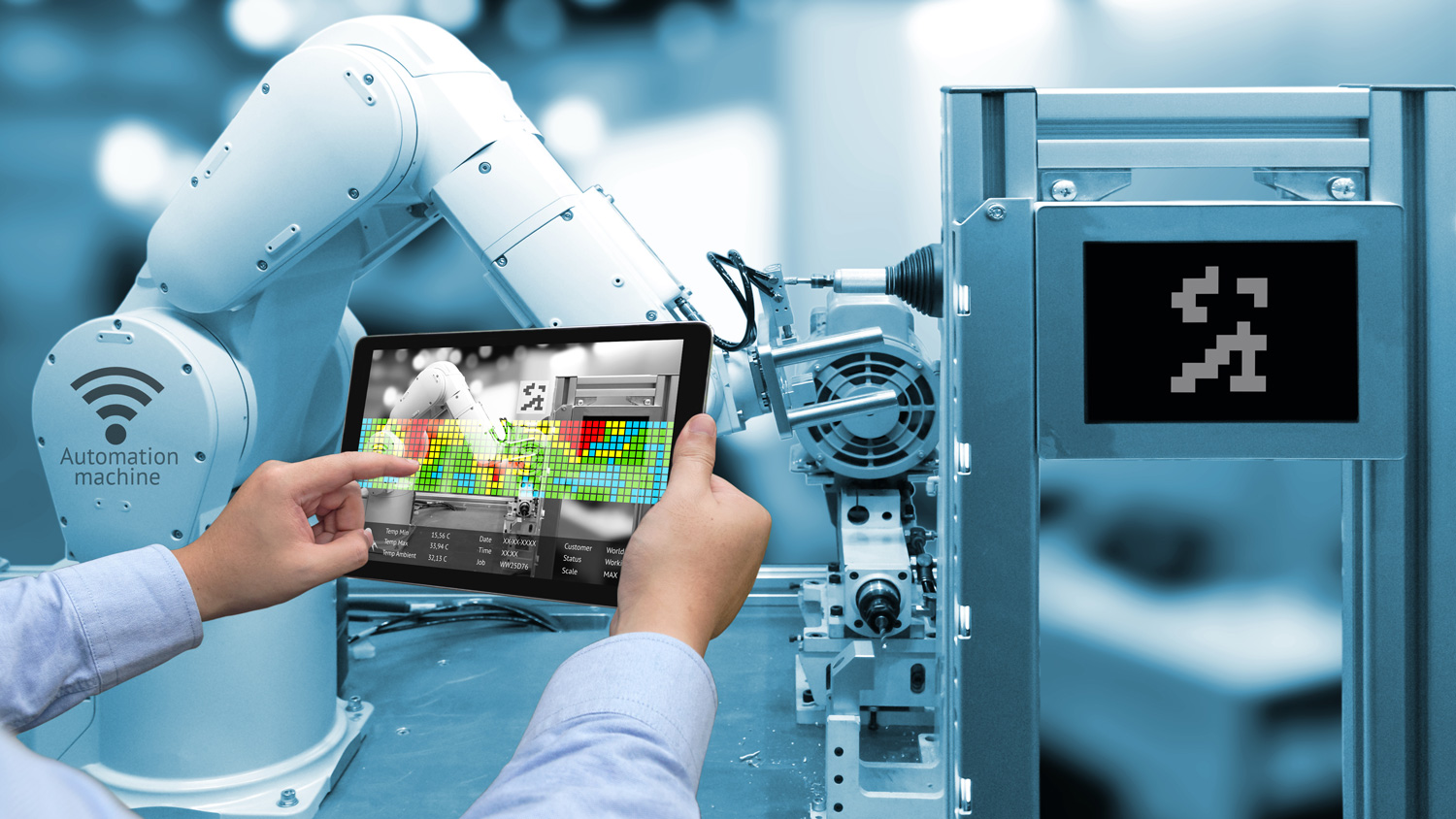The HSE is launching a new research project to map AI's impact on health and safety across its regulated industries.
This will help it to consider the risks and opportunities of AI use in industrial settings.
The HSE is asking industry to help by providing information about AI that is being trialled or used in the workplace. It says it is keen to gather a wide a range of AI uses to ensure the information collected is representative.
HSE’s role in regulating AI includes:
- Regulating the use of AI where it impacts on health and safety in workplaces where HSE is the enforcing authority.
- Regulating the use of AI in design, manufacture and supply of workplace machinery, equipment and products for use in the workplace as a Market Surveillance Authority under the Product Safety regulatory framework.
- Where AI impacts on HSE’s role to protect people and places, including building safety, chemicals and pesticides regulation.
The central principle of health and safety law is that those who create risks are best placed to manage and control that risk in a sensible, proportionate and pragmatic way. As benchmarks develop for the use of AI, the HSE wants to reach a point where AI risk is no longer novel and is managed in the same way as any other risk.
HSE expects a risk assessment to be undertaken for uses of AI which impact on health and safety and appropriate controls put in place to reduce risk so far as is reasonably practicable, including to address cyber security threats.
The focus of the work the HSE is doing to continue to develop its regulatory approach to AI includes:
- Coordinating work on AI, sharing knowledge and identifying key issues through an internal AI common interest group, bringing together colleagues from across HSE.
- Working with government departments to shape the approach to AI regulation.
- Supporting the standards making process, to establish benchmarks for AI interaction with machinery and functional safety by engaging with international standards organisations (BSI, IEC and ISO).
- Establishing relationships with industry and academic stakeholders, to share knowledge and learning on AI use cases and the impact on health and safety.
- Collaborating with other regulators, though forums including the AI Standards Forum for UK Regulators, Information Commissioners Office AI Regulators Forum and the United Kingdom Health and Safety Regulators Network Innovation Sub-Group, to encourage a consistent regulatory approach.
- Identifying AI developments of interest to HSE through horizon scanning activities and monitoring AI developments in Great Britain and around the world, from a practical and regulatory perspective.
- Building its capability and experience in AI across specialist and scientific areas of HSE and working with partners as appropriate.
- Supporting research bids that align with HSE’s areas of research interest (on GOV.UK) and help develop safe use of AI and the ability to regulate AI use.
- Setting up and trialling of an Industrial Safetytech Regulatory Sandbox (on discoveringsafety.com) to explore practical barriers to adoption of Industrial Safetytech in construction and how to break them down.
You might also be interested in
RELATED CONTENT
RELATED COURSES

The Accident and incident reporting course helps learners develop skills to deal with the aftermath of an accident or incident.

The Environmental awareness course explores environmental issues and how they relate to business and employee activities.

The world’s best-known health and safety certificate, designed for managers and supervisors in any sector or organisation.

IOSH Managing Safely Refresher is designed to provide continued support to managers dealing with workplace health and safety issues.

The transport industry is undergoing a significant transformation with the advent of artificial intelligence (AI). From autonomous vehicles to predict...

The impact of AI is often described in terms of extremes. On the one hand, it’s seen as a technological breakthrough to allow us to transcend the phys...

Data generated by machine learning and artificial intelligence at work looks set to play a huge role in boosting both worker health and safety and bus...

In recent years, advances in computing have produced software that can process large volumes of data quickly. Louis Wustemann looks at the potential i...